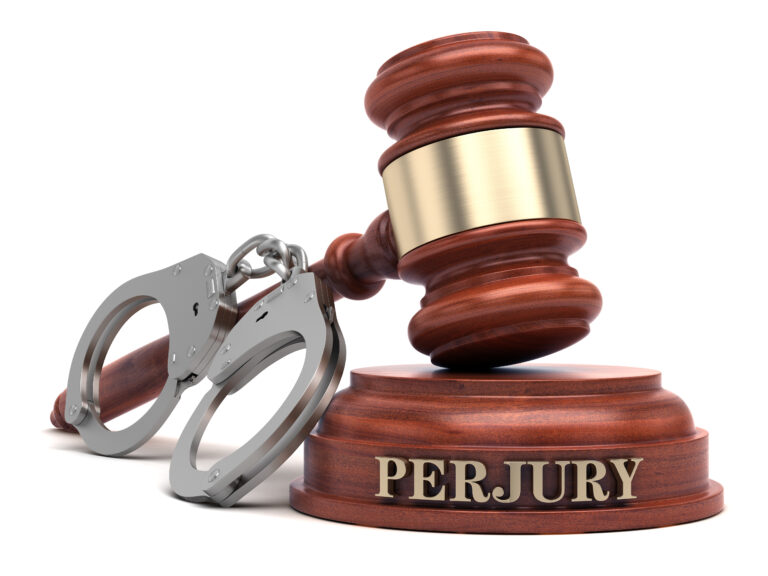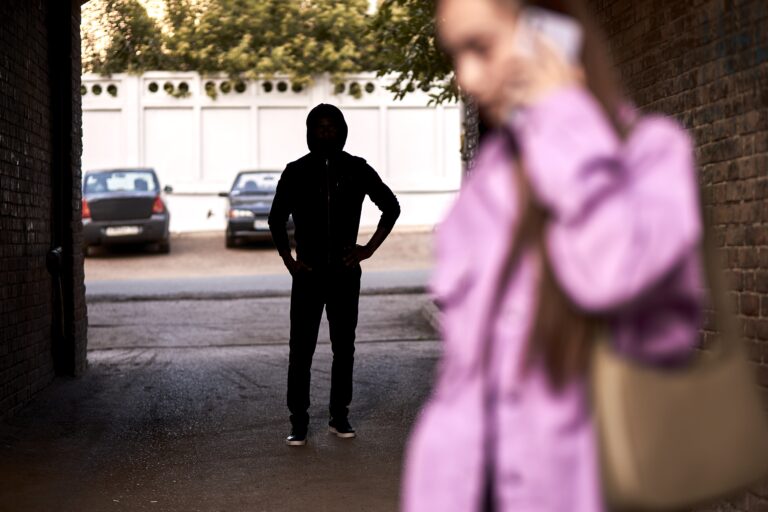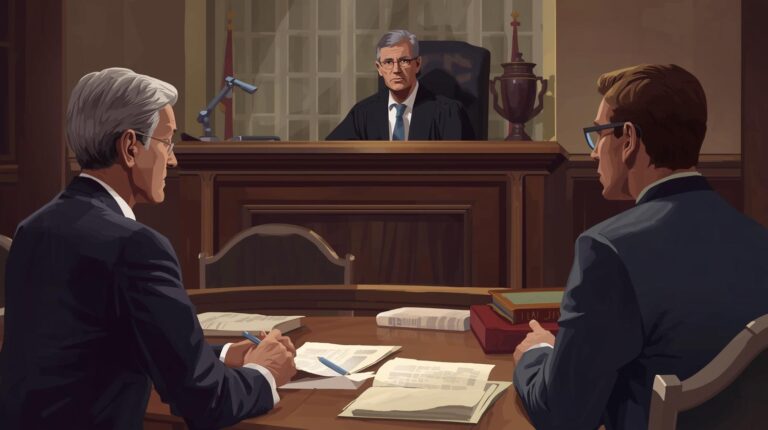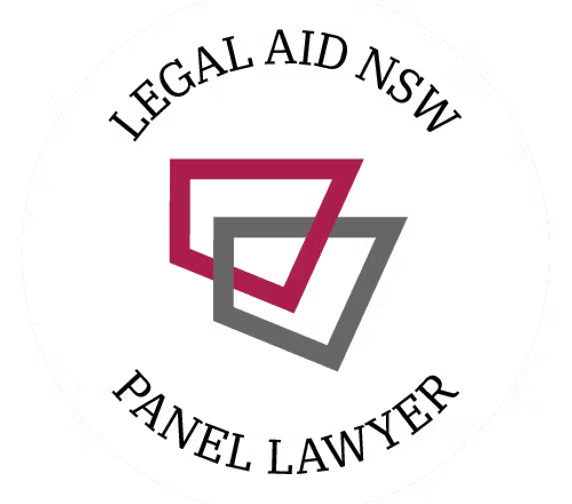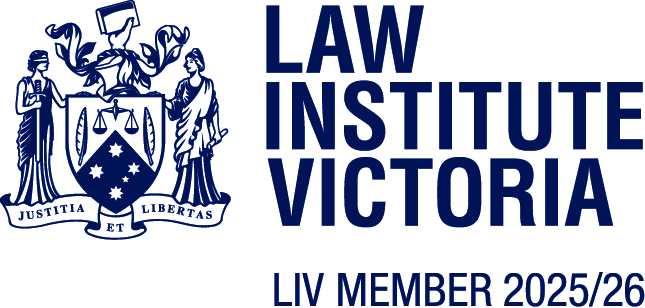Before we dissect the notion of the meaning behind the highest standard of proof in our judicial system (Beyond a reasonable doubt), it is equally as important to have a look at why our system has two differing standards of proof, namely on the balance of probabilities in a civil jurisdiction and beyond a reasonable doubt in a criminal jurisdiction. However, criminal law in Australia is governed by the notion of the presumption of innocence, something which simply does not apply in the civil jurisdiction.
The presumption of innocence
Governed by the International Covenant on Civil and Political Rights[1], the presumption of innocence is one of several guarantees in relation to legal proceedings that individuals are entitled to.
It therefore requires the prosecution in a criminal matter the burden of proving a charge and subsequently guaranteeing that no guilt can be presumed against the individual until the charge has been proved beyond a reasonable doubt. Therefore, requiring both the presumption of innocence and the burden of proof to work along side each other.
Because of this presumption of innocence, the burden of proof that must be met by the prosecutor in a criminal matter is the highest threshold that exists. It required that no other logical explanation can be derived from the facts proposed but the prosecution, other than that the accused committed the said crime/s, which then overrules the presumption of innocence.
It is therefore in the courts eyes that there is absolutely no reasonable doubt that guilt exists and therefore a verdict of guilty is appropriate.
The fact that the burden of proof in criminal matters is significantly higher is directly correlated with the potential that criminal proceedings have the potential to result in the complete deprivation on one’s freedom (imprisonment) and therefore anything less than beyond a reasonable doubt would not overcome ones right to be presumed innocent until proven guilty.
It is important to note that as the wording suggests, the court must find a person guilty “beyond a reasonable doubt”, therefore there can still be a doubt per se, however such doubt will need to be held as unreasonable in order to satisfy this standard of proof. In essence it does not require that all doubt be eliminated as this would make meeting this threshold incredibly difficult and arguably impossible.
How to apply the standard of proof?
The criminal standard of proof is legislated with section 141 of the Evidence Act[2] and simply outlines that in order for the prosecution to be successful their case must be established beyond a reasonable doubt. Unlike the civil standard of proof outlined in section 140 of the Evidence Act, no further guidelines are provided to help and individual or court in determining how to meet this threshold. This can be put down to a number of reasons as to why it has not been more comprehensively legislated, namely whereas in a civil standard of proof it requires a balancing act of both arguments to determine which is more likely to have occurred, while in criminal matters it is not so much a balancing act, but rather eliminating all reasonable alternatives, thus leaving the only option that the accused must have committed the crime./s.
In order to apply this threshold, the onus rests on the prosecution. It is their job to convince the court or jury that based on the evidence that is provided, that there is no other reasonable explanation other than the accused to be found guilty. It is not the job of the accused to establish beyond a reasonable doubt that the crimes had not been committed.
By merely raising some sort of reasonable doubt in a courts or jury members mind, may sometimes be enough to put a stop in the prosecution meeting this high threshold. Therefore given the high threshold that the prosecution must establish, it is not required that the accused prove that the did not commit the crime/s in it entirety, but merely that there is an alternative explanation as to the commission of the crime that in all the circumstances is reasonable.
Unfortunately, the ultimate determination is left (in most instances) to a jury who may come into a matter with their own biases and predispositions. Couple this with the highly subjective nature of our adversarial system and the meaning a “reasonable” can have a very significant variation between individuals. What may be reasonable to one might be unreasonable to someone else. This is where the importance of the burden of proof becomes evident.
A society in which determines a criminal matter on the notion of “beyond any possible doubt” raises the bar so high the unless all doubt is eliminated, a person may not be convicted. On the other end of the spectrum, lowering the standard in a criminal matter to “beyond a reasonable doubt” will greatly impact an accused’s right to be presumed innocent until proven guilty. Therefore, once again a delicate balancing act must be undertaken to balance the rights of the accused with the administration of justice. Remove the presumption of innocence and you remove the need for such a high standard of proof.
As controversial as some may find it, our system operates on the foundations that it is much better to let a guilty person go free, than to convict an innocent individual. It is this very viewpoint that raises the standard of proof so high as to eliminate any and all reasonable doubt before a person is convicted. With such a high threshold, the likelihood of a potentially guilty individual walking free increases, however it makes it much more difficult for a truly innocence individual to be convicted of a crime/s that they may have never committed.
Finally, given the highly subjective nature of establishing this standard of proof and the wide interpretations of what is reasonable or not, once again the adversarial system allows the opportunity to address this, by virtue of having the mechanisms in place to appeal a decision. Although it might not be a perfect system, it does its best to provide a fair system for all.
[1] Article 14(2) of the International Covenant on Civil and Political Rights [1980] ATS 23
[2] Section 141, Evidence Act 2008
Need to speak with a lawyer?
Our experienced lawyers are here to help you understand your legal rights and options. Contact us for a confidential discussion about your situation.



